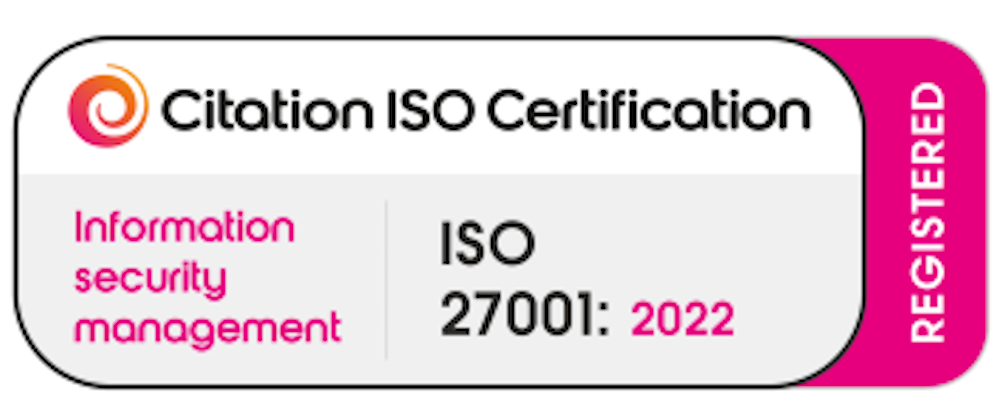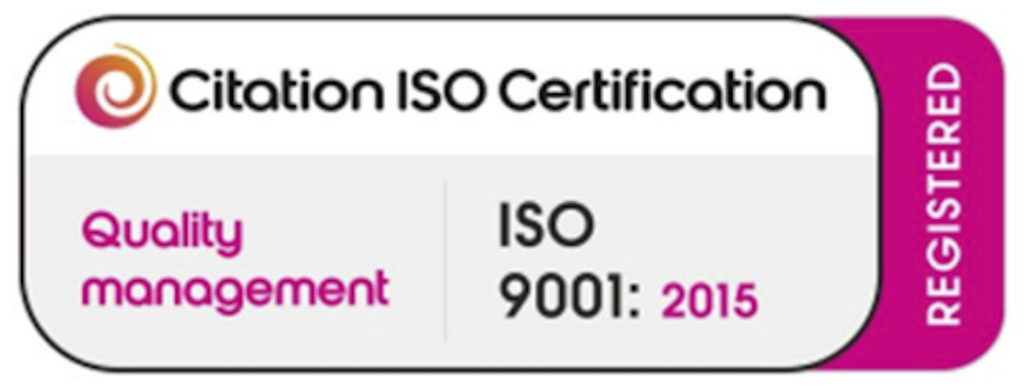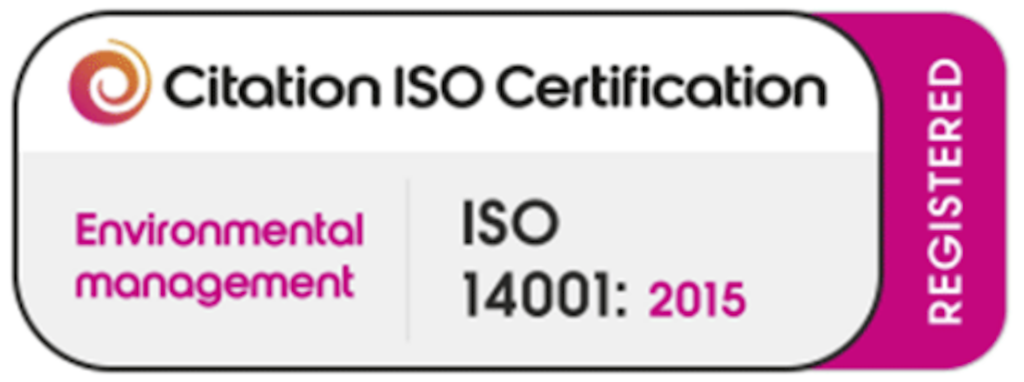Tourette’s Syndrome (TS) is a neurological condition characterised by involuntary repetitive movements and sounds.
Individuals with TS will often have other co-occurring conditions such as ADHD and OCD.
One of the biggest challenges facing employees with TS in the workplace is negative perceptions, often created by a lack of understanding and awareness of the condition. This can leave individuals with TS feeling isolated and alone, and in worst cases can result in bullying.
There are lots of ways in which you can support employees with TS.
Supportive and inclusive environment
Creating a supportive and inclusive environment where employees can be themselves and feel comfortable disclosing their condition is important. Masking the symptoms of TS can be draining for employees, and can lead to added stress and anxiety which in turn further exacerbates the symptoms of TS. Building awareness and understanding through things like training and open conversations can really help.
Reasonable adjustments
As with other neurological conditions, reasonable adjustments should be implemented where needed. A Workplace Needs Assessment with a specialist assessor can help with this. For example, excessive noise and lights can be challenging for those with TS. So simple things like creating quiet workspaces or offering remote working can really help.
Stress and anxiety can lead to increased TS symptoms so having a flexible approach is important. That could be offering flexible work hours or encouraging regular breaks.
Communication
As with all neurological conditions, regular communication is key. The needs of someone with TS can change over time, so it’s important to build good relationships with your employees and to listen and understand their needs.

Therapy
Offering access to talking therapies can help employees with TS to build coping strategies. Talking therapies can also be effective for associated conditions such as OCD, ADHD and stress and anxiety.
Specialist behavioural therapies such as habit reversal training and exposure with response prevention (ERP) have been proven to help reduce tics, and employers can help employees to access these therapies quicker through specialist private providers.










